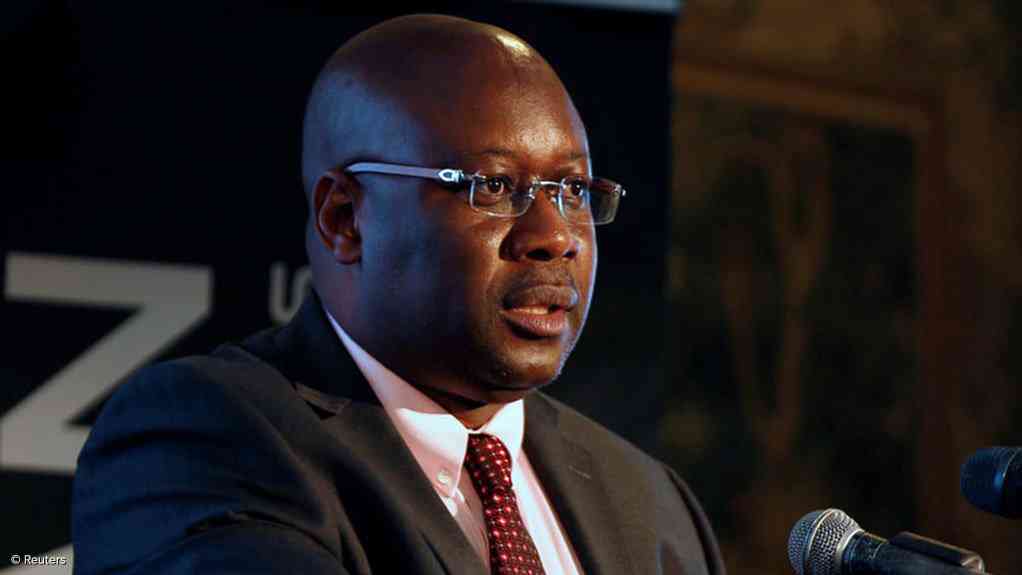
United States ambassador to Zimbabwe Pamela Tremont this week reiterated that the country’s struggle to secure new credit lines is driven by its failure to honour debt obligations and pervasive corruption, not Western sanctions.
Zimbabwe has been under US sanctions since 2001, initially imposed in response to human rights violations.
While the sanctions framework has evolved over time, with the most recent shift in April replacing executive orders with the Global Magnitsky (GloMag) framework and removing the Zimbabwe Sanctions Regulations from the Code of Federal Regulations, Harare continues to blame the restrictions for its prolonged economic crisis.
“Our targeted sanctions do not hinder Zimbabwe from accessing international financial assistance. The country’s exclusion from some financing opportunities is due to its failure to repay debts — arrears dating back to the late 1990’s,” Tremont says in an article published elsewhere in this edition.
“Economic and governance reforms by Zimbabwe’s leadership would better position Zimbabwe to benefit fully from international financing. Falsely labelling Zimbabwe as ‘a country under sanctions’ only perpetuates a fallacious narrative that dissuades potential investors.”
With a debt burden exceeding US$20 billion, Zimbabwe’s economic troubles are deeply entrenched. Despite the government's narrative, Tremont said US-Zimbabwe bilateral trade increased by 20% last year, underscoring the fact that the sanctions do not constitute a blanket embargo.
She pointed out that the economic issues stemmed from internal policies and unchecked corruption rather than the impact of a limited number of targeted sanctions.
“The notion that US sanctions are the cause of Zimbabwe’s difficulties does not align with reality. This false narrative diverts attention from the real issues plaguing Zimbabwe. According to reports by Zimbabwe’s own Prosecutor-General, Zimbabwe loses US$1,8 billion to corruption annually,” Tremont said.
- Zim-bound US envoy slams Zim-China deals
- New US ambassador vows to deepen economic ties
- A timely reminder
- Rule of law key for Zim’s growth: US ambassador
Keep Reading
“Hyperinflation, high unemployment and underemployment, and widespread poverty are the consequences of domestic policies and unaddressed criminal activity, not a limited number of targeted sanctions.”
According to the US diplomat, current individuals sanctioned under GloMag were designated for their alleged corrupt acts or involvement in serious human rights abuses.
However, Zanu PF disagrees.
Zanu PF spokesperson Christopher Mutsvangwa called on the US, the European Union, the United Kingdom and other Western countries to lift what he described as “vestiges of sanctions” that have hindered Zimbabwe’s economic growth.
In an interview with the Zimbabwe Independent, Mutsvangwa argued that the sanctions have been an “albatross” around the nation’s quest for sustained development and prosperity.
“The plucky Zimbabwe people have time and again proved the futility of sanctions as a blunt and indiscriminate weapon of regime change,” Mutsvangwa said. “It is high time Washington, London, Brussels, and others, revisit and change their ruinous and unrewarded stance against the peace-loving people of Zimbabwe.”
Mutsvangwa echoed President Emmerson Mnangagwa’s diplomatic approach, stating, “We want to be friends to all and enemy to none.”
He also pointed to regional support, noting that the Southern African Development Community (Sadc) and other continental bodies have extended solidarity to Zimbabwe, calling for the country’s reintegration into the global economy.
Today, Zimbabwe joins other regional countries to commemorate the Sadc Anti-Sanctions Day, which was declared in August 2019.
“Sadc and continental solidary fervently extend solidarity to Zimbabwe and yearn that it can be accorded the chance to play its rightful role in Africa’s resurgence,” Mutsvangwa said.











